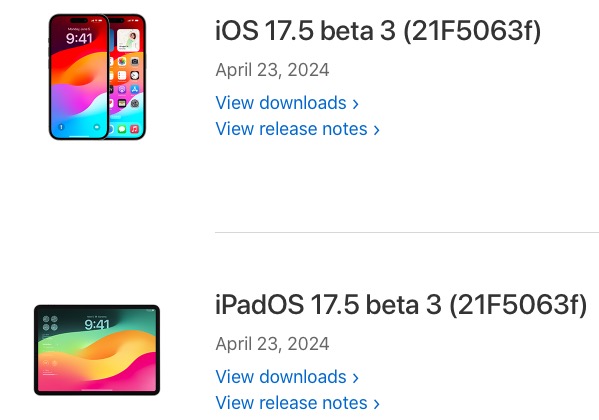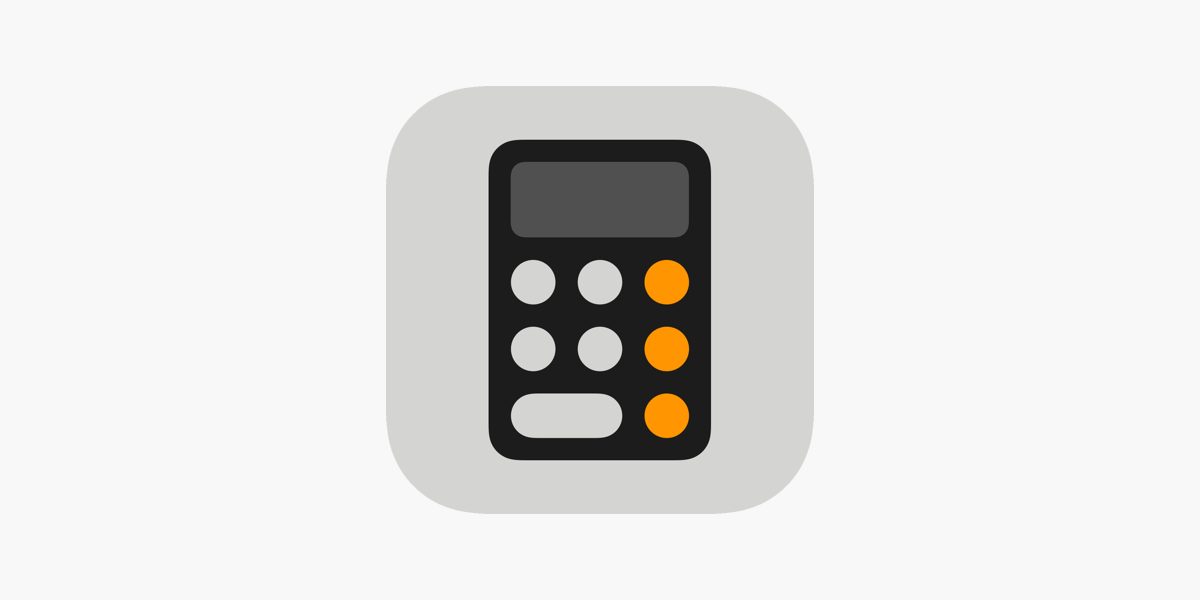
Apple, Starbucks and Others Use Tin from Conflict Zones: Reuters
A Reuters investigation has uncovered that Apple, Starbucks, luxury jeweller Tiffany & Co and others are using tin in their products that comes from a Myanmar smelter owned by a rebel army.

While Apple is not buying tin directly from these rebels, it does list companies that indirectly buy ore from the Man Maw mine located near Myanmar’s border with China, according to Reuters.
The problem the investigation raises is that the mine is controlled by the United Wa State Army (UWSA), which the United States placed sanctions against for alleged narcotics trafficking in 2003. All the companies allowed to extract tin from the mine are owned or controlled by Wa military and government leaders. As a result, this potentially puts companies at risk of violating sanctions prohibiting “direct or indirect” dealing with such blacklisted groups.
The report also sheds light on the difficulties multinational companies such as Apple face as their supply chain grows and becomes more complex: While there is some regulation in this area, companies are not required to assess the origins of minerals from other conflict zones except Central Africa.
Apple has been looking to comply with those regulations by looking to an audit programme designed by Conflict Free Sourcing Initiative (CFSI). When contacted by Reuters the CFSI programme director said the group was aware of tin exports from Myanmar to other countries, and of security and human rights issues in Myanmar”. The group said it was updating its audit requirements to include “a broader definition of conflict-affected and high-risk areas”.
Apple also said it is working with its suppliers to help them meet “stringent standards” and that “those who are ultimately unable or unwilling to comply are removed from our supply chain”.
“While we have no evidence of illegal tin from Myanmar in our products, we’ll continue to investigate, address any issues we find and do all we can to raise standards and protect human rights,” it said.
You can read the full Reuters report by following this link.

